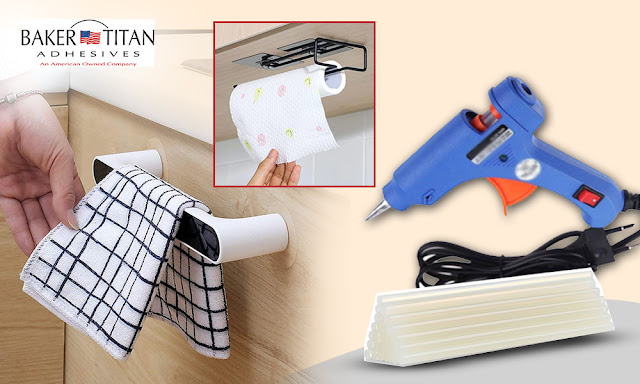Adhesives play a crucial role in the manufacturing
process of everyday items. From packaging materials to personal care products,
the right adhesive can determine the quality, durability, and sustainability of
the final product. Among the various types of adhesives available in the
market, tissue and towel adhesives and water-based adhesives stand out due to their unique properties and
versatile applications. Let’s delve into the importance, advantages, and uses
of these two types of adhesives.
Tissue and Towel Adhesive:
Enhancing Consumer Experience
Tissue and towel adhesive is specifically designed
for bonding paper products like tissues, napkins, and paper towels. These
products demand a balance between strength and softness, and tissue adhesives
play a pivotal role in maintaining this balance. Tissue and towel adhesives
ensure that the layers of paper are securely bonded while maintaining the
flexibility and soft texture consumers expect.
One of the key challenges in tissue manufacturing
is ensuring that the adhesive provides excellent bond strength without
compromising the product's softness. Tissue adhesives are typically applied in
very small amounts, yet their bonding capabilities must be strong enough to
hold layers together, even when the paper is wet. This is essential for
products like kitchen towels, which are often exposed to moisture.
In addition, tissue and towel adhesives are
engineered to be compatible with high-speed production lines, ensuring that the
manufacturing process remains efficient. With growing demand for eco-friendly
solutions, modern tissue and towel adhesives are also designed to be non-toxic,
biodegradable, and safe for both users and the environment.
Water-Based Adhesives: A
Sustainable and Versatile Solution
Water-based adhesives are widely used across various
industries, from packaging to woodworking and textiles. As their name suggests,
these adhesives use water as the primary solvent, making them environmentally
friendly compared to solvent-based adhesives, which often contain harmful
chemicals. Water-based adhesives are non-toxic, have low volatile organic
compound (VOC) emissions, and are easy to clean up, contributing to safer
working conditions and reducing the environmental impact of adhesive
applications.
One of the main advantages of water-based adhesives
is their versatility. They can be used on a wide range of substrates, including
paper, wood, fabric, and plastics. This makes them ideal for a variety of
applications, such as laminating, bookbinding, and bonding porous surfaces.
Moreover, because they dry quickly and provide excellent adhesion, water-based
adhesives improve the efficiency of production processes.
In terms of performance, water-based adhesives are
known for their strong initial tack, long-lasting bond strength, and resistance
to temperature fluctuations. These properties make them suitable for both
industrial and household applications. Whether it's bonding packaging materials
or assembling furniture, water-based adhesives offer a reliable and sustainable
alternative to traditional adhesive solutions.
Conclusion
Both tissue and towel adhesives and water-based
adhesives play vital roles in enhancing product quality, performance, and
sustainability. While tissue adhesives focus on maintaining the softness and
durability of paper products, water-based adhesives offer a versatile and
eco-friendly solution for a wide range of industries. As manufacturers and
consumers continue to prioritize sustainability, these adhesive technologies
will remain essential in promoting greener production processes and delivering
high-quality products to the market.






.jpg)